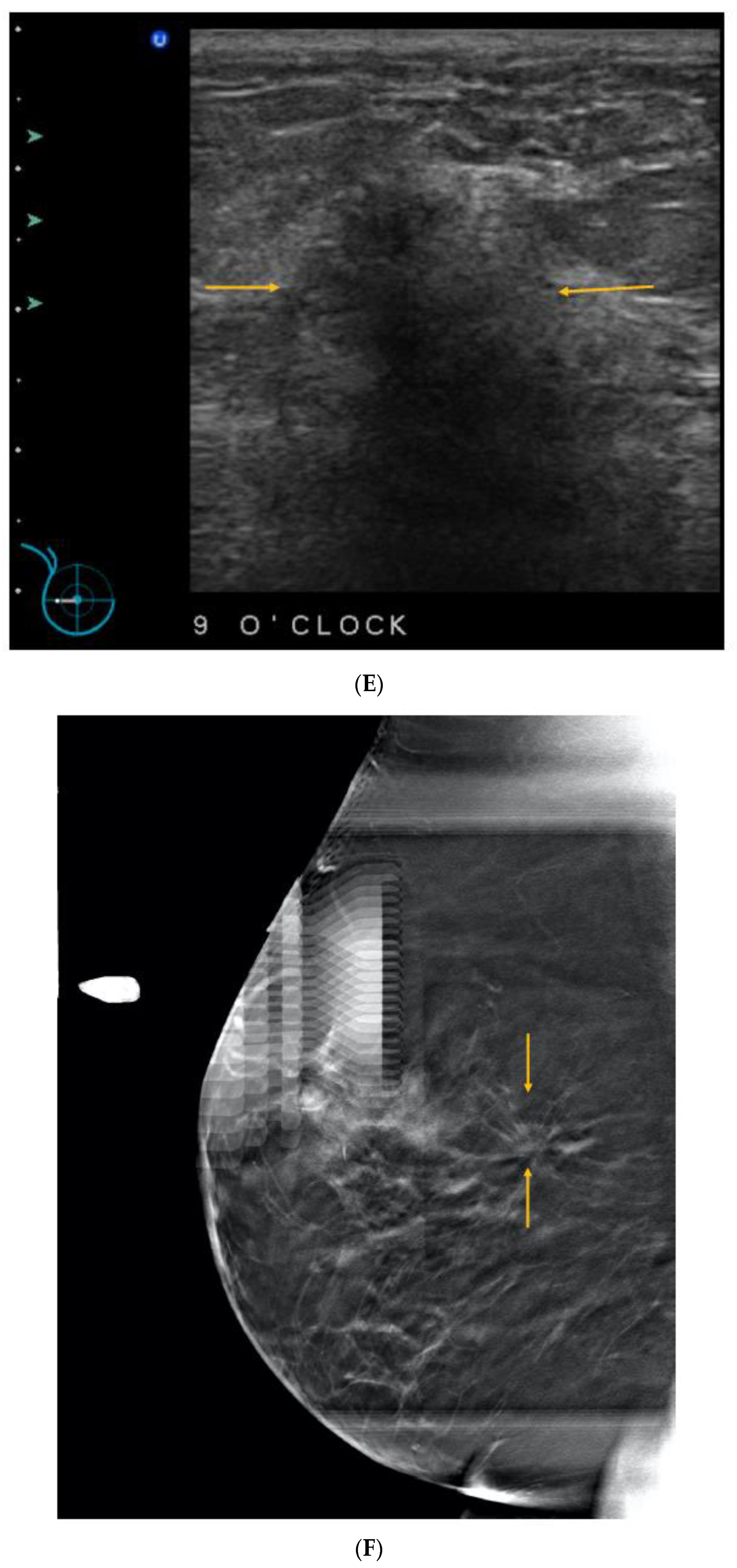
Current Oncology, Free Full-Text
4.8 (67) In stock

4.8 (67) In stock
The purpose of breast cancer screening is to find cancers early to reduce mortality and to allow successful treatment with less aggressive therapy. Mammography is the gold standard for breast cancer screening. Its efficacy in reducing mortality from breast cancer was proven in randomized controlled trials (RCTs) conducted from the early 1960s to the mid 1990s. Panels that recommend breast cancer screening guidelines have traditionally relied on the old RCTs, which did not include considerations of breast density, race/ethnicity, current hormone therapy, and other risk factors. Women do not all benefit equally from mammography. Mortality reduction is significantly lower in women with dense breasts because normal dense tissue can mask cancers on mammograms. Moreover, women with dense breasts are known to be at increased risk. To provide equity, breast cancer screening guidelines should be created with the goal of maximizing mortality reduction and allowing less aggressive therapy, which may include decreasing the interval between screening mammograms and recommending consideration of supplemental screening for women with dense breasts. This review will address the issue of dense breasts and the impact on the stage of breast cancer at the time of diagnosis, and discuss options for supplemental screening.
Current Oncology, Free Full-Text, bronstein méier resultado
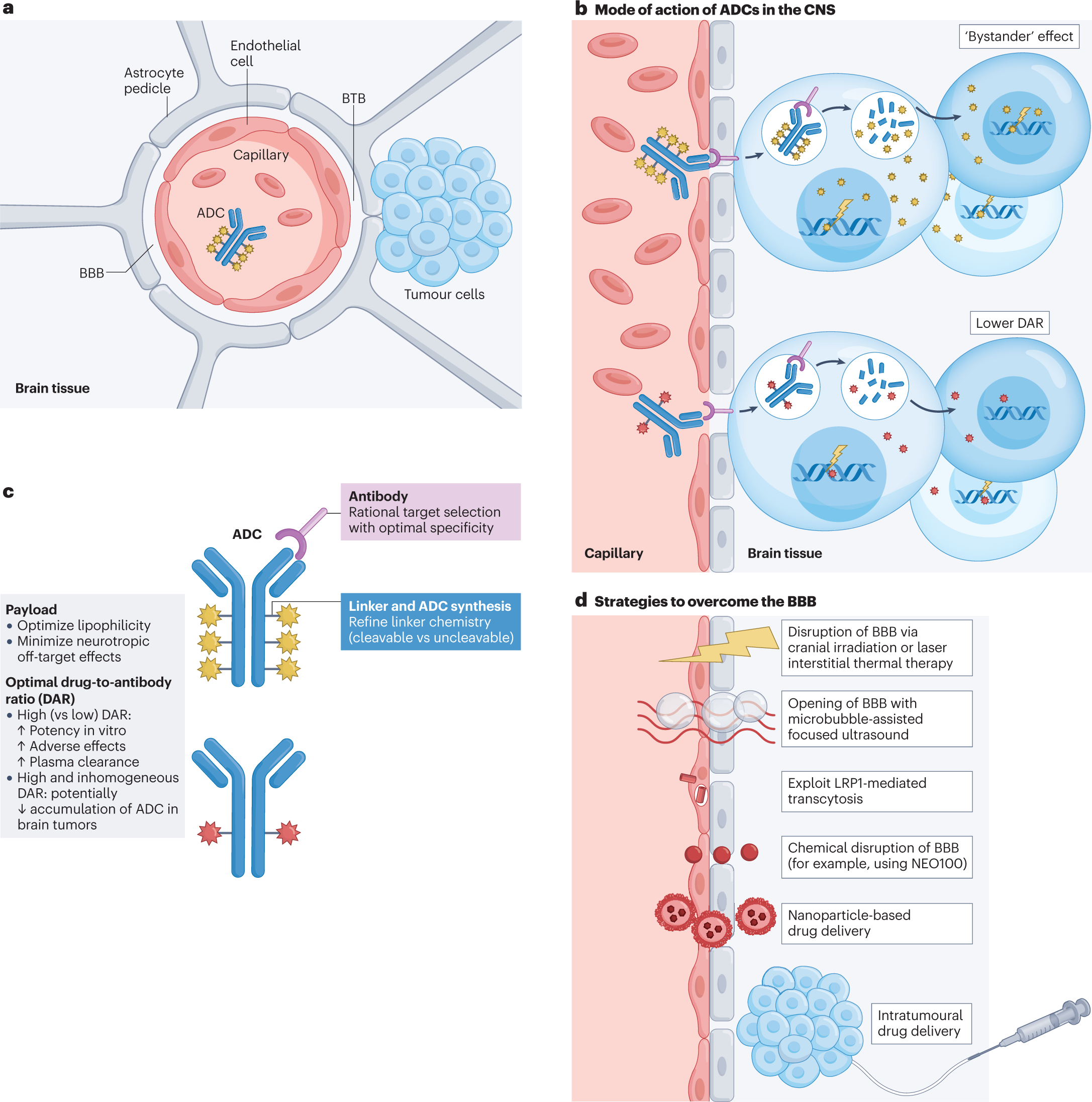
Understanding the activity of antibody–drug conjugates in primary
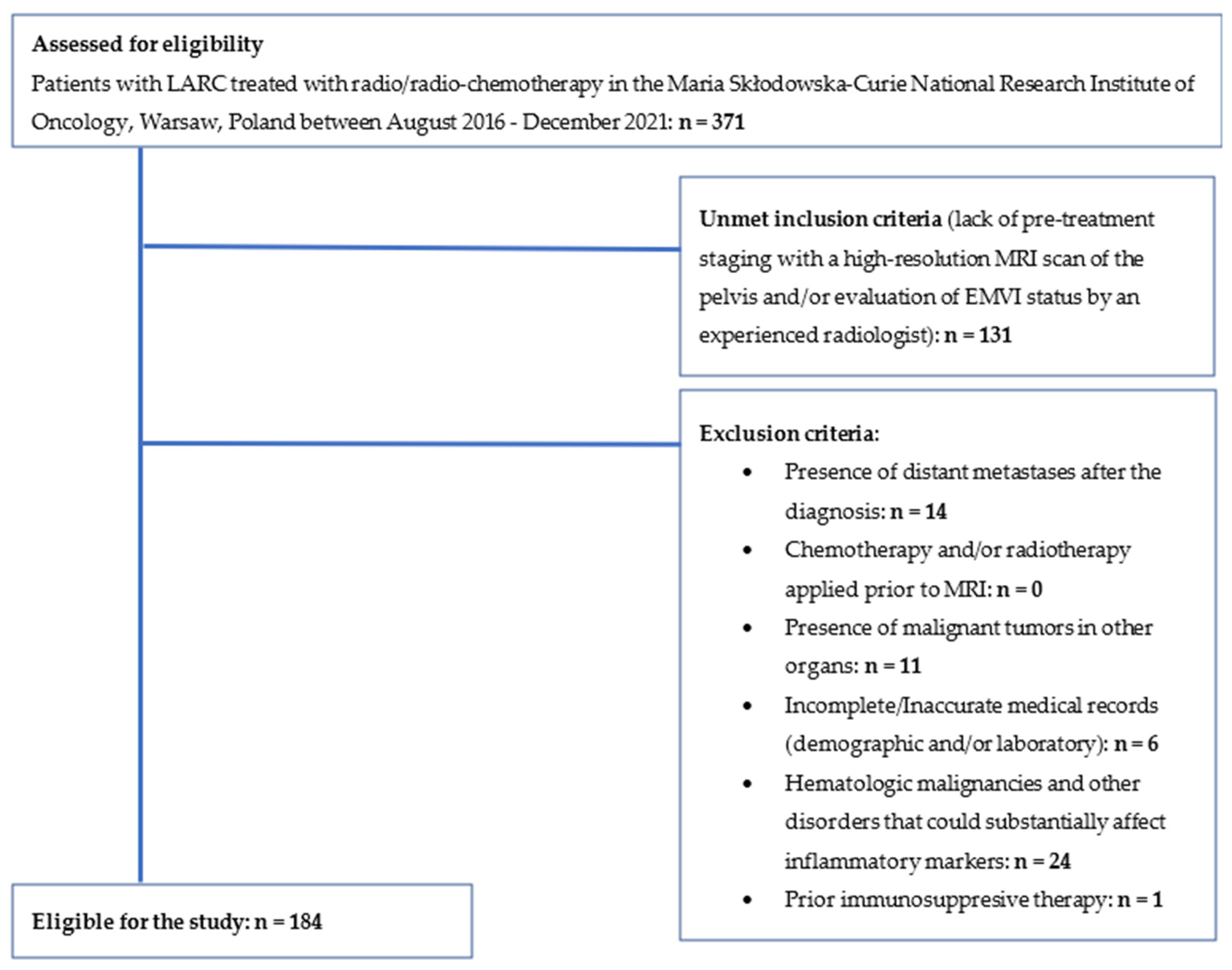
Current Oncology, Free Full-Text
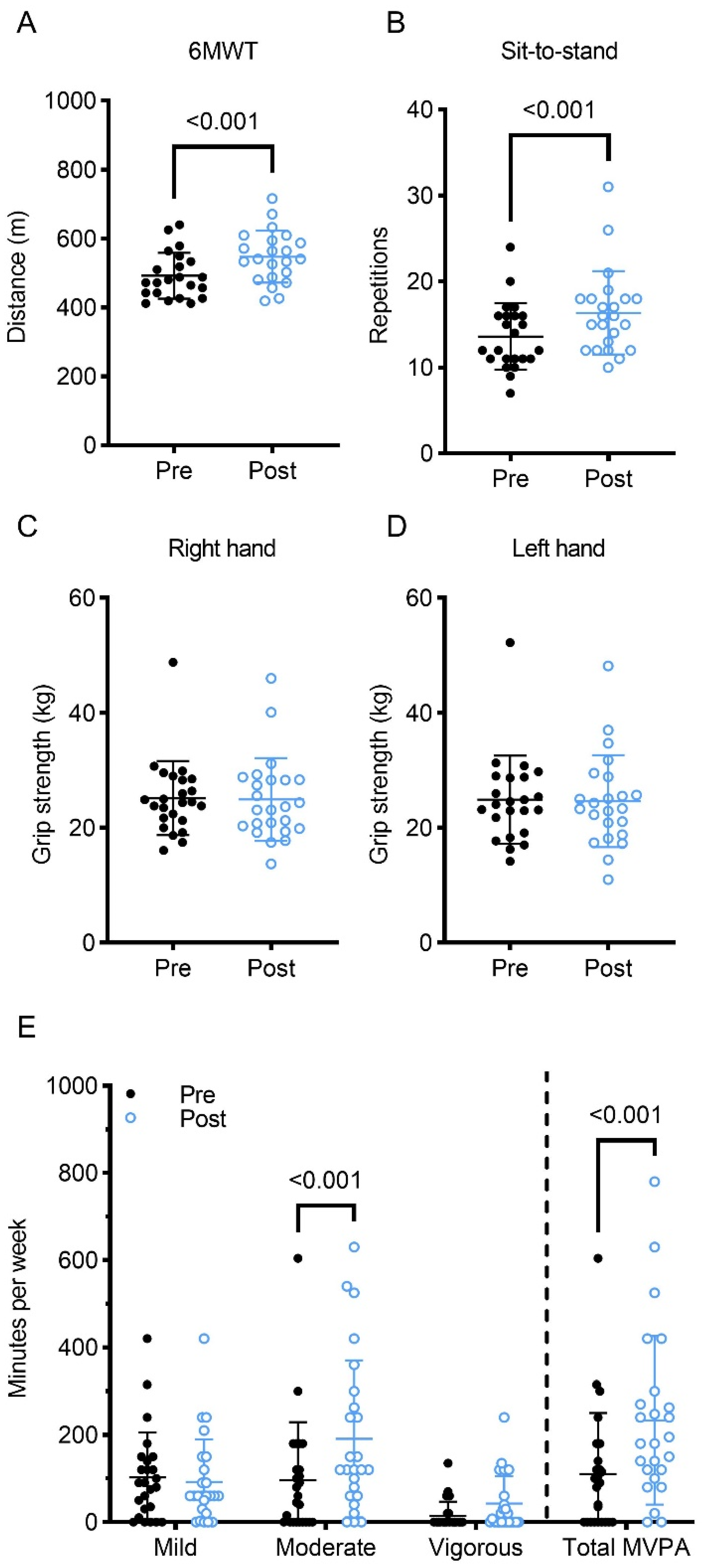
Current Oncology, Free Full-Text
CA: A Cancer Journal for Clinicians - Wiley Online Library

PDF) Interpreting overall survival results when progression-free survival benefits exist in today's oncology landscape: A metastatic renal cell carcinoma case study
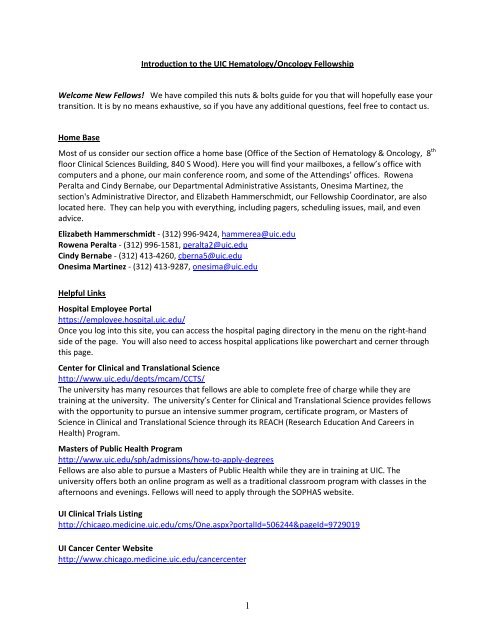
a PDF version of the Full Hematology Oncology Curriculum
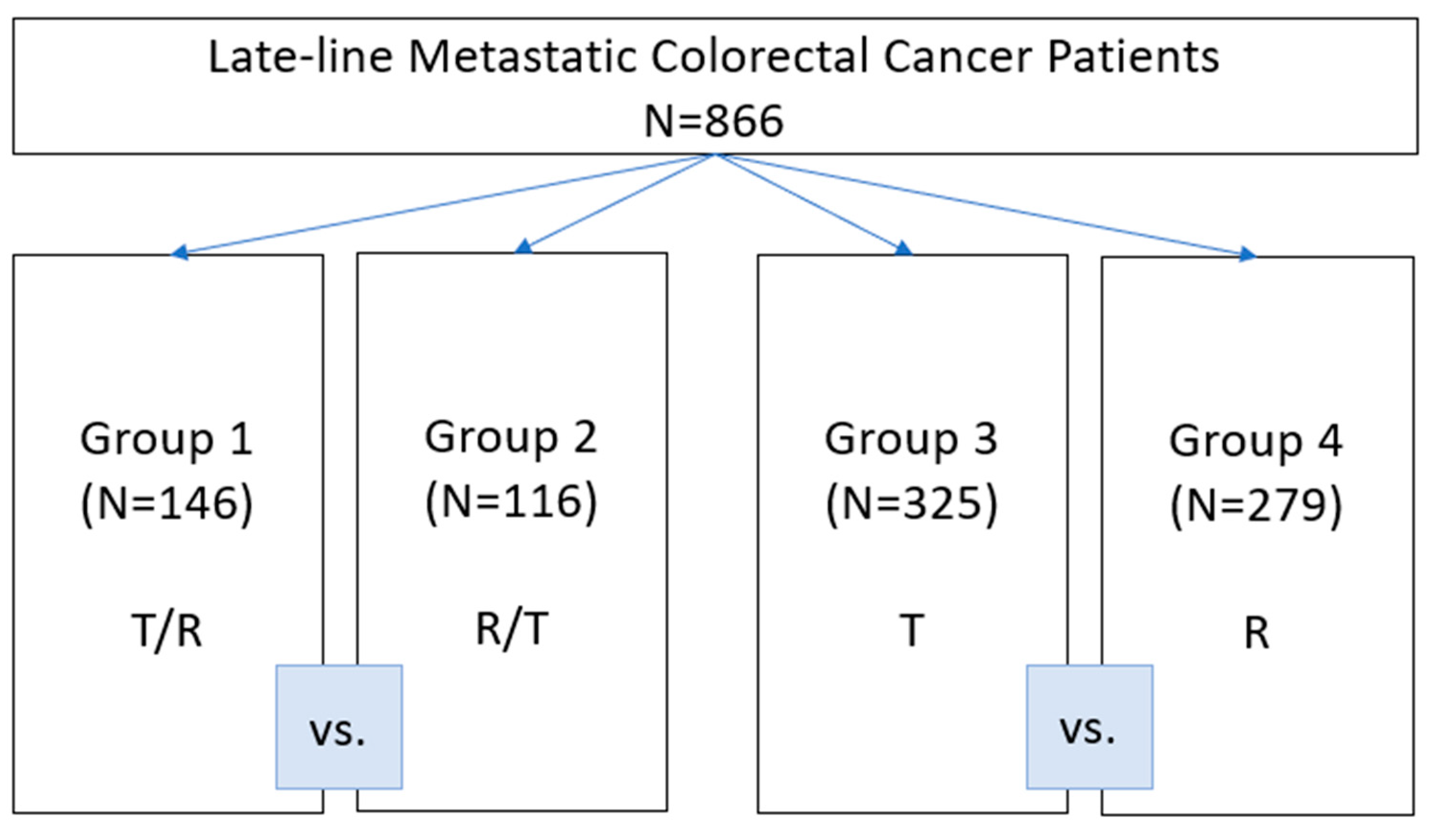
Current Oncology, Free Full-Text
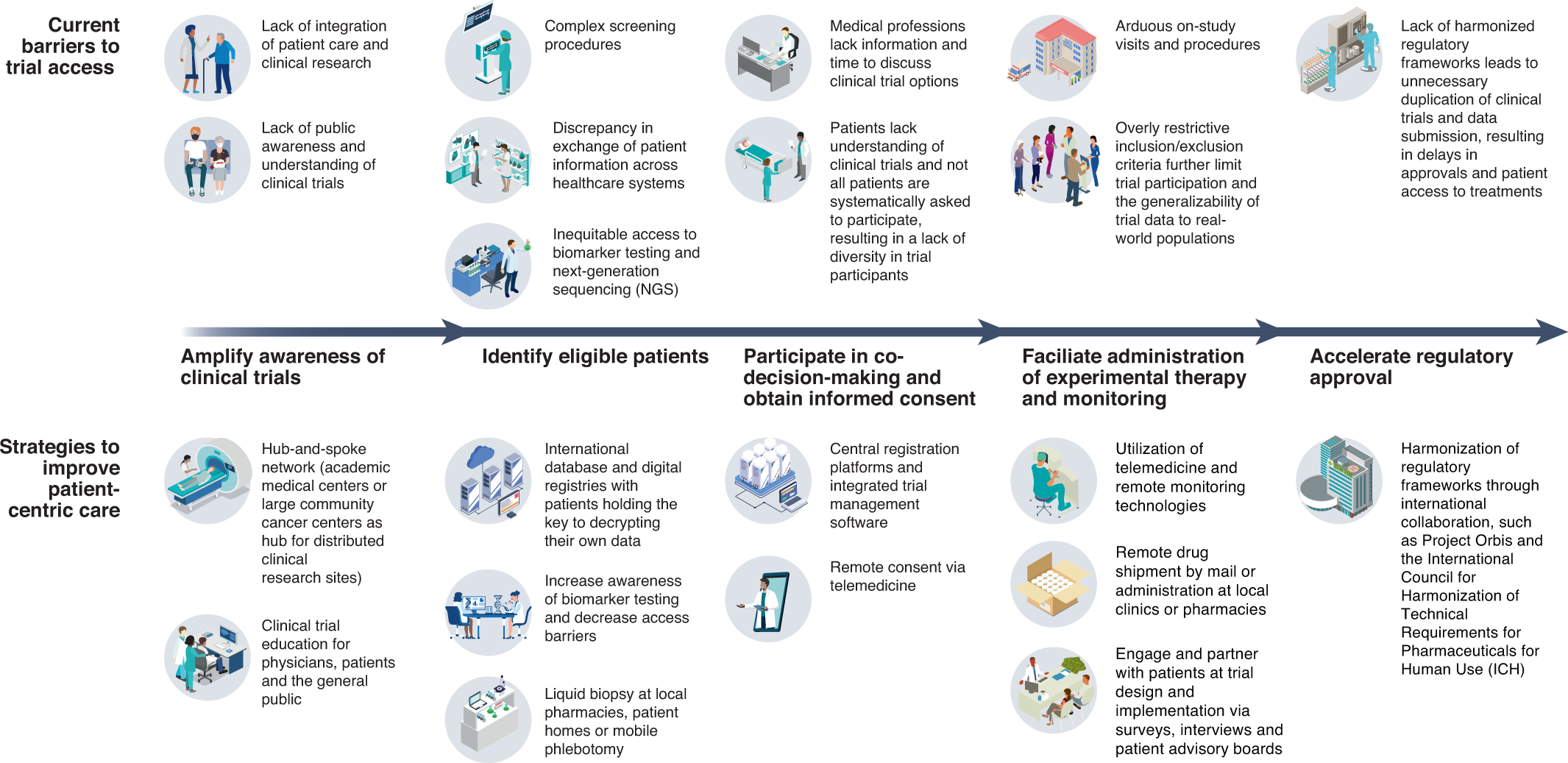
Reimagining patient-centric cancer clinical trials: a multi-stakeholder international coalition

Oncoscience Freeing oncology from publication cost

PDF) Progression-free survival as a primary endpoint in clinical trials of metastatic colorectal cancer